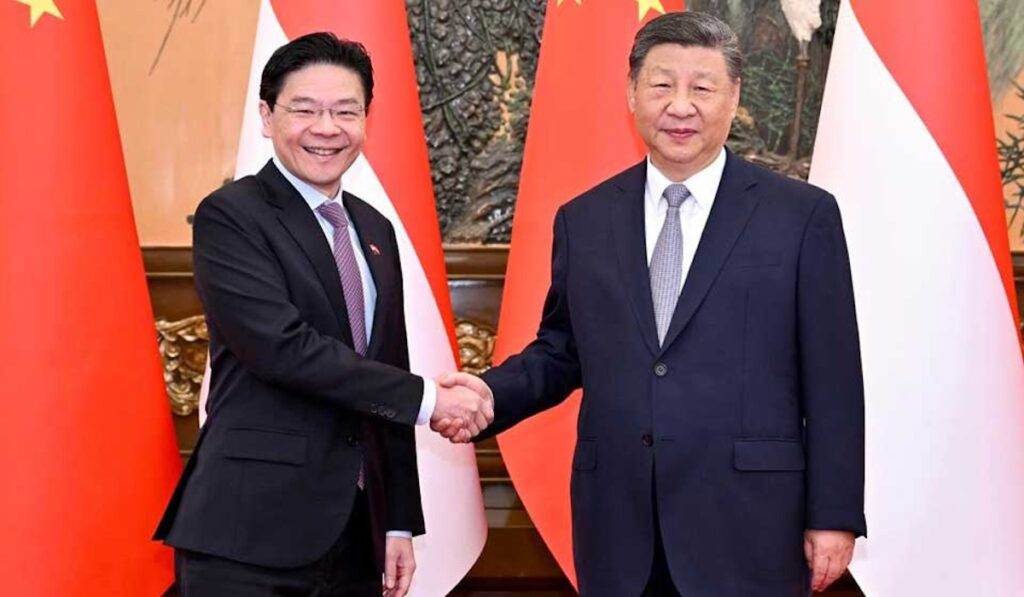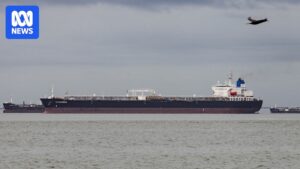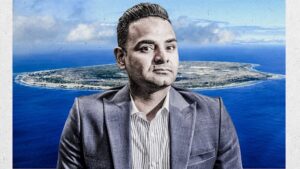
Singapore Prime Minister Lawrence Wong recently concluded a five-day visit to China, underscoring the robust and evolving relationship between the two nations. This diplomatic engagement came amid contrasting remarks from US Secretary of Defense Pete Hegseth, who warned of “malign Chinese influence” at the Shangri-La Dialogue defense summit in Singapore on May 31.
During his visit, Wong met with key Chinese leaders, including President Xi Jinping and Premier Li Qiang, and participated in the World Economic Forum’s “Summer Davos” in Tianjin alongside WEF President Borge Brende. The discussions highlighted a mutual commitment to deepening cooperation, signaling a move beyond US protectionist policies.
On June 24, Wong shared on X, “Productive meeting with President Xi this morning. We agreed to further deepen cooperation in line with our unique ‘all-round high-quality future-oriented’ partnership.” He emphasized the commitment to fostering regional peace, stability, and prosperity amidst global uncertainties.
Historical Context and Bilateral Milestones
Wong’s visit coincides with the upcoming 35th anniversary of diplomatic relations between Singapore and China, formally established on October 3, 1990. However, the roots of this partnership trace back to 1978 when Singapore’s founding Prime Minister Lee Kuan Yew met with Deng Xiaoping.
Reflecting on this history, Wong noted, “President Xi is in a unique position, I think, to have engaged and met all the prime ministers of Singapore: Lee Kuan Yew, Goh Chok Tong, Lee Hsien Loong, and now, me.”
In their meeting, Wong and Li praised the significant progress in bilateral cooperation, exemplified by the three Government-to-Government projects in Suzhou, Tianjin, and Chongqing:
- China-Singapore Suzhou Industrial Park
- Sino-Singapore Tianjin Eco-City urban development venture
- China-Singapore (Chongqing) Demonstration Initiative on Strategic Connectivity
The leaders also celebrated the strong momentum in the ASEAN-China Comprehensive Strategic Partnership, anticipating the signing of the ASEAN-China Free Trade Area 3.0 Upgrade later this year.
Economic and Strategic Agreements
Following their discussions, Wong and Li witnessed the signing of several agreements aimed at enhancing bilateral cooperation:
- Memorandum of Understanding on Legal Talent Development
- Letter of Intent for a Senior Officials Exchange Programme
- Letter of Intent to Develop a Third Country Training Programme
- Data Exchange Agreement between Intellectual Property Offices
The launch of the China-Singapore over-the-counter (OTC) bond market arrangement was also noted, facilitating enhanced access for international investors to China’s bond market through Singapore.
Regional Cooperation and Global Economic Challenges
At “Summer Davos,” Wong also engaged with Vietnam’s Prime Minister Pham Minh Chinh, discussing cooperation in renewable energy and food security. This builds on the Vietnam-Singapore Comprehensive Strategic Partnership initiated earlier this year.
The WEF event, themed “Entrepreneurship for a New Era,” attracted about 1,800 participants. Wong emphasized the importance of reforming the global economic order through “flexible multilateralism” to prevent dominance by stronger nations.
“We have come together to initiate a joint statement initiative on e-commerce. After five hard years of negotiation, more than 70 countries have agreed on the first set of rules for digital trading,” Wong stated.
Singapore continues to build trade and investment links within ASEAN and globally, engaging with economic blocs like the EU and GCC. This strategy is crucial as global trade tensions, particularly those stemming from US policies, pose significant risks.
Economic Forecasts and Trade Tensions
According to the Monetary Authority of Singapore’s June Survey of Professional Forecasters, economic growth projections for 2025 have been adjusted downward, reflecting the impact of global trade tensions and rising interest rates.
Manufacturing forecasts have shifted from +2.9% to -0.3%, while non-oil domestic exports are now expected to grow by only 1.0%.
US tariffs, particularly those affecting Asian economies, continue to pose challenges. Although Singapore enjoys a free trade agreement with the US, it still faces a 10% tariff, which Wong criticized as inconsistent with the deep friendship between the two nations.
Despite these challenges, Wong reiterated Singapore’s commitment to maintaining strong relationships with both the US and China, advocating for a cooperative approach within ASEAN to shape the region’s future.
In conclusion, Wong’s visit to China highlights the resilience and adaptability of Singapore’s foreign policy amid shifting global dynamics. As the nation navigates complex international relationships, its focus remains on fostering regional stability and economic growth.






